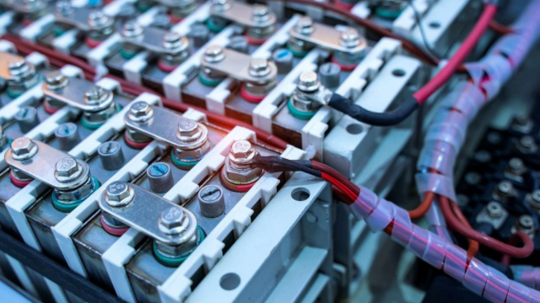Electric vehicles are gaining widespread attention, and recent research in lithium-ion batteries has the potential to greatly extend the driving range of EVs, possibly by a factor of ten.
Two leading South Korean universities, Pohang University of Science and Technology (POSTECH) and Sogang University, have collaborated on a breakthrough material that could significantly increase the charge capacity of electric vehicle batteries.
This new material, developed by the researchers, harnesses both hydrogen bonding and Coulombic forces, which can be simplified as the attractive interaction between positive and negative charges, as reported in SciTechDaily. By addressing the limitations associated with high-capacity anode materials, this combined approach enables the use of silicon and other high-capacity substances that were previously considered too unreliable for widespread EV battery application.
Silicon and other high-capacity anode materials offer at least ten times the capacity of current materials like graphite.
The research team has also found that by removing cobalt and increasing the lithium content in EV batteries, energy density can be significantly boosted, and most of the capacity is retained even after hundreds of charging cycles, as reported by Business Korea.
Electric vehicles have gained immense popularity, with the global EV market exceeding $1 trillion in sales in 2022, and over 750,000 EVs sold in the United States alone, according to reports by SciTechDaily and Inside EVs. The appeal of electric vehicles stems from their environmentally friendly nature (operating on clean electricity rather than fossil fuels), cost savings by eliminating fuel expenses, and financial incentives offered through government tax breaks.
One of the primary concerns among consumers regarding EVs is their limited range, which can make long-distance travel seem daunting. However, it’s worth noting that many individuals have successfully embarked on cross-country road trips in electric vehicles without any issues. With the potential expansion of the range capacity in EV batteries, concerns about range anxiety may soon become a thing of the past.
Soojin Park, a professor of chemistry at POSTECH and one of the leading researchers on this project, explained the team’s findings by stating, “This research holds the potential to significantly enhance the energy density of lithium-ion batteries by incorporating high-capacity anode materials, thereby extending the driving range of electric vehicles. Silicon-based anode materials have the potential to increase the driving range by at least tenfold.”
